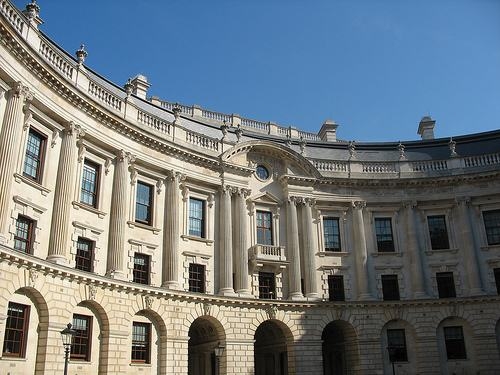The new Lifetime ISA is set to cost the Government £830m by the 2020-21 financial year.
Estimated costs were published in a report by the Treasury this morning. The main cost to the Government will be bonuses paid to savers.
Costs incurred to the Exchequer will be £170m in the first year it runs - 2017-18 – with a planned launch date of April 2017.
LISA costs for 2018-19 will be £330m, before rising to £580m in 2019-20.
The figures don’t assume that any individuals opt out of workplace pension scheme to save into a LISA, officials stated, with assumptions made that some choose not to put money into personal pensions but save into a LISA instead.
The total numbers of people expected to save in the first year is over 200,000, growing four fold to more than 800,000 by 2020-21.
For 2017-18 those saving into LISA are expected to save an average of £3,500 per year into their accounts - which aligns broadly with observations of first time buyers using their help to buy ISAs.
HMRC faces extra costs, the report stated, amounting between £3m and £3.5m.
These would be connected with paying government bonuses and collection of withdrawal changes on unlisted withdrawals, developing IT and systems to check and pay claims and due to more customer contacts.
The FCA will consult in Autumn on the regulatory framework for LISAs.
If savers choose to take out their money from the Lifetime ISA early, they will lose the Government bonus and have a 5% charge applied.
Unless they are buying their first house, investors will already lose the Government bonus and any interest or investment growth on that bonus if they cash in their investment early.
Budget papers stated that the Government proposed savers could “make withdrawals at any time for other purposes, but with the government bonus element of the fund (including any interest or growth on that bonus) returned to the government, and a 5% charge applied".
Currently, the savings and bonus can be withdrawn based on three criteria:
• House purchase for first-time buyers
• Terminal illness
• Retirement at 60 years old
The Treasury is considering other reasons that would be eligible for early withdrawal.

